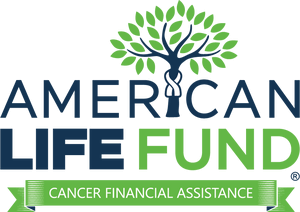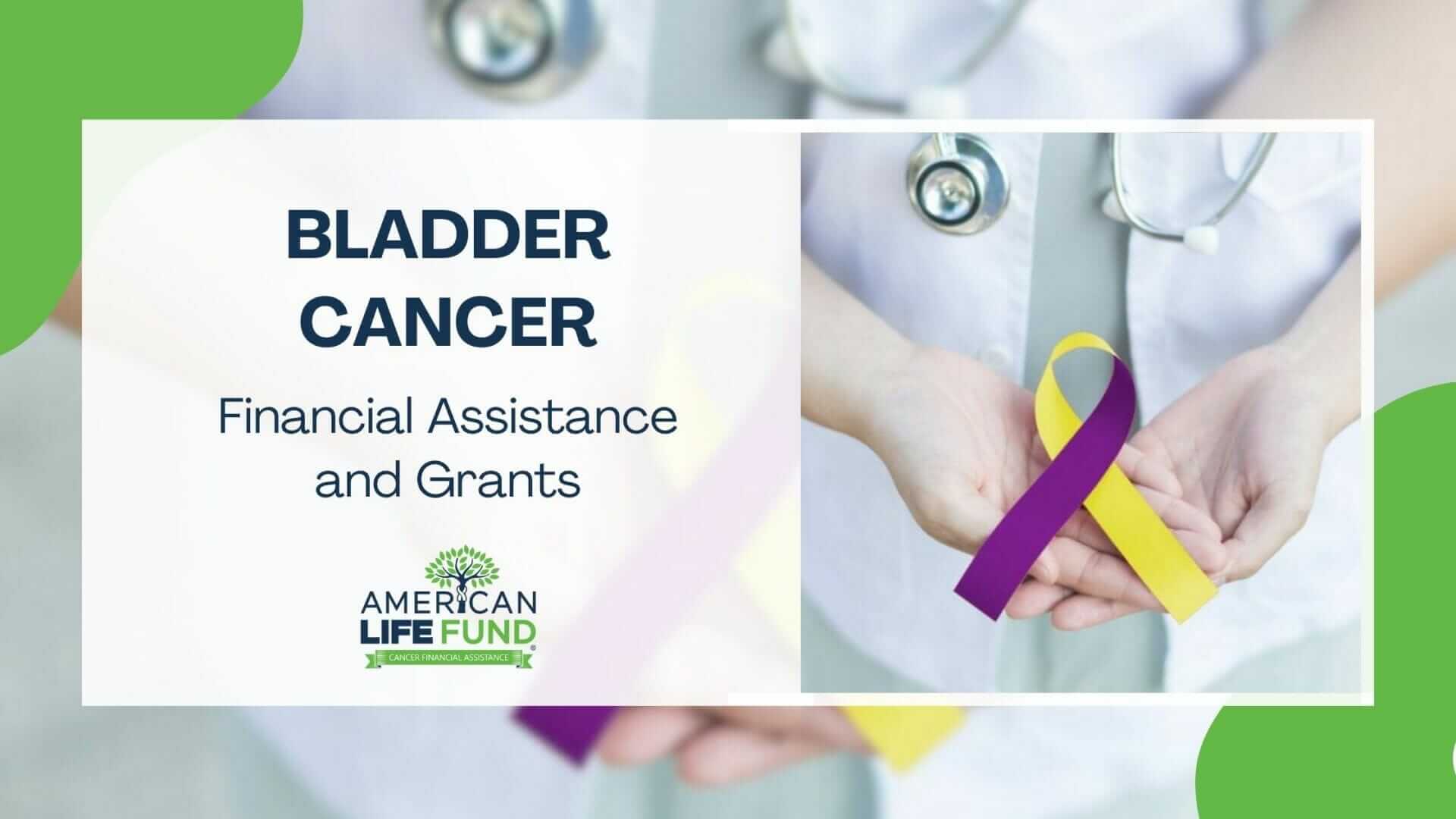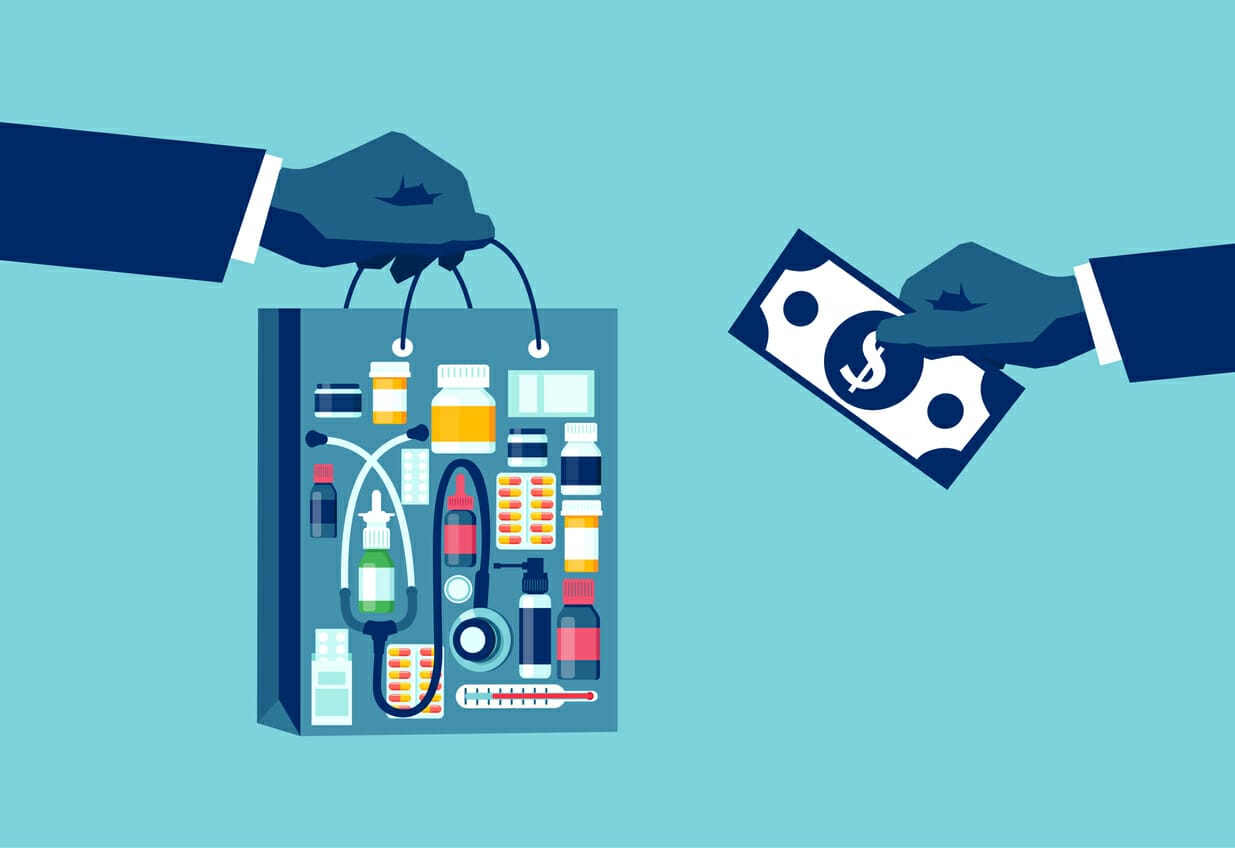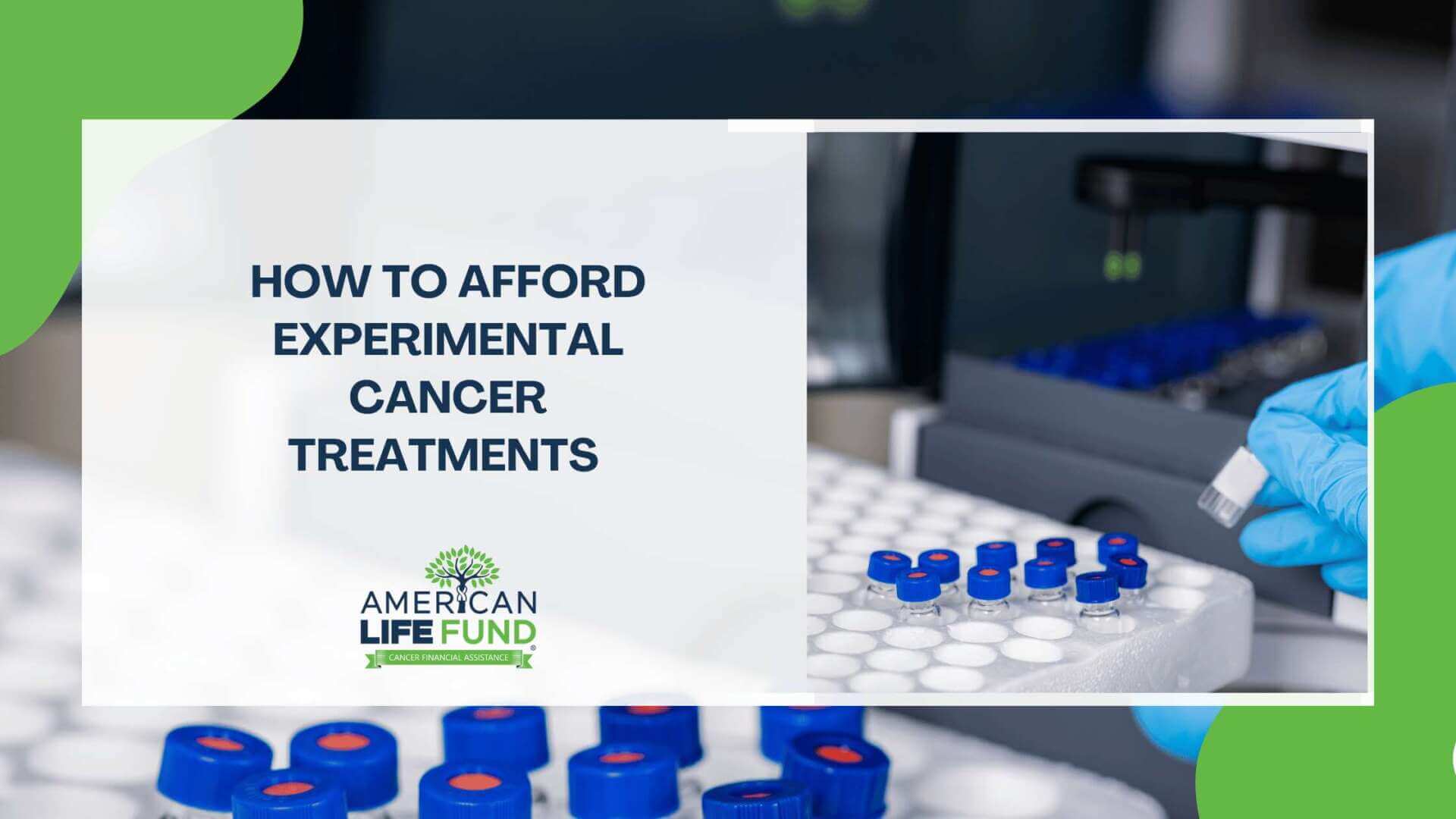If you or someone you know has bladder cancer, there are many ways to get financial help. This guide covers important resources to help with medical bills and prescriptions, support from government and non-profit organizations, and tips on using health insurance effectively.
It also points you to grants from groups like the American Cancer Society and CancerCare. The guide explains programs that help with housing, utilities, and transportation costs during treatment. It also discusses ways to get quick financial relief, like selling life insurance policies. Using these resources can lower the financial stress of cancer treatment, so you can focus on getting better.
Key Takeaways
- Bladder cancer treatment can be expensive, but help is available.
- Grants are offered by organizations like CancerCare and the American Cancer Society.
- Government programs like SSDI provide financial support for eligible patients.
- Nonprofits offer co-pay assistance and lodging for patients and families.
- Viatical settlements provide immediate funds by selling life insurance policies.
How To Find Financial Assistance For Bladder Cancer Patients
Here’s a comprehensive guide on discovering financial assistance, breaking down the essential steps and resources available.
Understanding Your Options
Patient Assistance Programs:
Explore patient assistance programs specifically tailored for bladder cancer patients. These support services offer direct assistance, helping alleviate out-of-pocket medical costs to receive treatment.
Government Aid:
Learn about federal and state programs designed to provide assistance. Our team can guide you through the eligibility criteria and application process, ensuring you tap into available resources.
Nonprofit Organizations:
Connect with nonprofit organizations dedicated to supporting cancer patients. These organizations often offer financial resources, co-pay assistance, and reduced-cost lodging to ease the financial burden on patients and their families.
Utilizing Health Insurance Coverage
Insurance Guidance:
Understand your health insurance coverage thoroughly. We assist in navigating insurance policies addressing concerns related to co-payments, prescription drug coverage, and insurance premiums.
Co-Pay Assistance:
Explore co-pay assistance programs offered by pharmaceutical companies. These programs aim to reduce the financial strain of prescription medications, ensuring you receive necessary treatments without added financial stress.
Tapping Into Support Services
Social Workers and Case Managers:
Our dedicated social workers and case managers are here to assist you. They can help you access additional resources, connect with online support groups, and guide you in managing living expenses and other financial challenges.
Community Partnerships:
Benefit from our extensive network of community partnerships. These collaborations enable us to provide holistic support, addressing not only medical treatment but also the financial aspects of your journey.
Bladder Cancer-Specific Financial Grants From Organizations
When facing bladder cancer, the financial strain can be immense. However, numerous organizations offer specific financial grants tailored to bladder cancer patients. These grants aim to offer direct financial assistance and support services, ensuring you can focus on your health without the added worry of financial burdens.
Organizations Offering Financial Grants
American Cancer Society (ACS):
The ACS provides assistance to cancer patients, including those diagnosed with bladder cancer. Explore their patient assistance programs for help with medical treatments, prescription drug coverage, and other related expenses.
CancerCare:
CancerCare offers financial aid for cancer patients, including grants to help cover the costs of co-payments, medications, and transportation to and from medical appointments.
Healthwell Foundation:
The Healthwell Foundation provides financial support to eligible individuals, helping with expenses such as insurance premiums, co-payments, and other out-of-pocket costs associated with bladder cancer treatment.
Patient Advocate Foundation (PAF):
PAF offers direct financial aid to cancer patients, helping with living expenses, child care, and other financial challenges that may arise during treatment.
How to Apply for Financial Grants
- Contact the Organizations Directly: Contact the American Cancer Society, CancerCare, Healthwell Foundation, and Patient Advocate Foundation directly to inquire about their bladder cancer-specific assistance programs.
- Understand Eligibility Criteria: Familiarize yourself with the eligibility criteria for each organization. Many of these programs have specific criteria, and our team can assist you in understanding and meeting these requirements.
By exploring these bladder cancer-specific financial grants, you take a proactive step toward alleviating the financial burden often accompanying medical treatments.
Government Financial Assistance Programs
Navigating government financial assistance programs can be crucial in securing support for bladder cancer patients. These programs are designed to offer financial aid and resources to individuals facing the challenges of medical treatment.
Federal Programs
Social Security Disability Insurance (SSDI):
SSDI provides financial aid to individuals unable to work due to a medical condition, including bladder cancer. Our team can guide you through the application process and help determine your eligibility.
Supplemental Security Income (SSI):
SSI offers financial assistance to those with limited income and resources. If you are facing financial challenges during bladder cancer treatment, SSI may provide the support you need.
Medicaid:
Medicaid is a joint federal and state program that assists individuals with low-income and limited resources. Our team can help you understand Medicaid eligibility criteria and assist with the application process.
State Programs
State Medical Assistance Programs:
Many states offer specific medical assistance programs to help cover healthcare costs. Explore programs in your state that can financially support bladder cancer treatment.
Temporary Assistance for Needy Families (TANF):
TANF provides limited financial assistance to families in need. If you are struggling with living expenses during bladder cancer treatment, TANF may offer the relief you need.
How to Access Government Assistance
Contact Relevant Agencies: Contact the Social Security Administration for SSDI and SSI, your state’s Medicaid office, and local agencies overseeing TANF to inquire about eligibility and application processes.
Housing Financial Assistance
For those dealing with bladder cancer, handling housing costs, including mortgage payments, can be a big worry. Below, we share information about assistance available specifically for mortgage payments in a straightforward way.
Mortgage Payments
Housing Assistance Programs:
Explore federal and local housing assistance programs to support individuals with mortgage payments. These programs aim to alleviate the financial burden associated with housing costs during challenging times.
Nonprofit Organizations:
Certain nonprofit organizations offer financial assistance specifically for mortgage payments. Contact these organizations directly to inquire about eligibility criteria and application processes.
Mortgage Relief Programs:
Many financial institutions and government agencies provide mortgage relief programs. These programs may include temporary payment reductions or forbearance options. Reach out to your mortgage provider to discuss available options.
Rent Payments
Rent payments can pose a significant challenge for individuals undergoing bladder cancer treatment. Here, we provide information on resources and assistance programs that support you in meeting your rent obligations.
Rental Assistance Programs:
Explore federal, state, and local rental assistance programs that support qualified individuals facing financial challenges. These programs may provide direct financial assistance or connect you with resources to cover rent payments.
Community Resources:
Local community organizations and charities often provide rental assistance to individuals in need. Contact these organizations to inquire about available support and eligibility criteria.
Landlord Negotiation:
Communication with your landlord is crucial. Discuss your situation openly and explore the possibility of negotiating temporary rent reductions or flexible payment plans.
Accommodation During Bladder Cancer Treatment
Hospital Accommodations:
Some hospitals offer lodging options or partnerships with nearby facilities for patients and their families. Inquire about these options to ensure proximity to medical care while undergoing treatment.
Reduced-Cost Lodging Programs:
Explore programs that provide reduced-cost lodging for individuals receiving medical treatment. Nonprofit organizations often collaborate with hotels to offer affordable accommodations for cancer patients.
Community Assistance:
Local community organizations may assist with finding suitable accommodation. Contact these groups to inquire about available resources and support in securing temporary housing.
Extended Stay Facilities:
Consider extended stay facilities, which provide furnished accommodations with flexible lease terms. These facilities are designed to meet the needs of individuals undergoing extended medical treatments.
Utility Assistance
LIHEAP (Low-Income Home Energy Assistance Program):
LIHEAP assists eligible households with energy costs, providing financial aid for heating and cooling expenses. Reach out to your local LIHEAP office for details on how to apply.
Modest Needs:
Modest Needs provides short-term financial assistance for various needs, including utility bills. Check their eligibility criteria and application process to access support during your bladder cancer treatment.
Salvation Army:
The Salvation Army offers utility assistance programs to help individuals facing financial hardships. Contact your local Salvation Army office to inquire about available support in your area.
Community Action Agencies:
Many local Community Action Agencies provide utility assistance programs. These agencies work to support individuals with low incomes, and their services often include help with utility bills.
EnergyShare:
EnergyShare, often run by utility companies, is a program that provides emergency utility assistance. Contact your utility provider to see if they offer this service and how you can access support.
How to Access Utility Assistance
- Contact the Organizations Directly: Contact LIHEAP, Modest Needs, Salvation Army, Community Action Agencies, and EnergyShare directly to inquire about utility assistance. Each organization has its application process and eligibility criteria.
- Explore Additional Financial Resources: Some utility companies may have their assistance programs. Check with your utility provider to explore additional resources to help manage your utility costs during bladder cancer treatment.
Transportation Assistance
Road to Recovery (American Cancer Society):
The American Cancer Society’s Road to Recovery program provides free transportation to and from medical appointments for cancer patients receiving treatment. Contact the American Cancer Society in your area to inquire about this service.
CancerCare’s Transportation Assistance Program:
CancerCare offers a transportation assistance program to help cancer patients access transportation to and from treatment appointments. Check their eligibility criteria and application process for support.
Healthwell Foundation’s Transportation Program:
The Healthwell Foundation provides financial support for transportation expenses, including gas, parking, and public transportation. Explore their transportation program to see if you qualify.
Volunteer Driver Programs:
Many local organizations and charities run volunteer driver programs, where volunteers provide transportation for individuals undergoing medical treatment. Inquire with local charities or contact our team for information on available programs in your area.
Uber Health and Lyft Health:
Ride-sharing services like Uber Health and Lyft Health offer specialized programs for healthcare transportation. Check with these services to see if they operate in your location and have assistance programs for medical transportation.
How to Access Transportation Assistance
- Reach Out to Organizations: Contact Road to Recovery, CancerCare, Healthwell Foundation, and local volunteer driver programs to inquire about transportation assistance. Each organization has its application process and eligibility criteria.
- Explore Ride-Sharing Services: Investigate options with Uber Health and Lyft Health to see if their services can provide convenient and affordable transportation for your medical appointments.
Ensuring reliable transportation is crucial during bladder cancer treatment, and we are dedicated to supporting you in accessing the assistance you need.
Financial Assistance For Child And Elder Care
Modest Needs:
Modest Needs extends financial assistance to individuals facing short-term needs, including childcare costs. Explore their eligibility criteria and application process to access support during your bladder cancer treatment.
National Cancer Institute’s Child and Elderly Care Resources:
The National Cancer Institute provides information on resources for child and elderly care. Explore their recommendations for additional support during your treatment.
Child Care Aware of America:
Child Care Aware offers assistance programs to help families access quality childcare services. Investigate their offerings and eligibility criteria for support with child care expenses.
Eldercare Locator:
The Eldercare Locator, a public service of the U.S. Administration on Aging, can connect you with local resources for elder care. Inquire about available programs in your area to support your needs.
How to Access Financial Assistance
- Contact Modest Needs and Organizations Directly: Contact Modest Needs, the National Cancer Institute, Child Care Aware, Eldercare Locator, and local community organizations directly to inquire about financial assistance. Each organization has specific eligibility criteria and application processes.
- Explore Local Community Resources: Our team can connect you with local community resources that may offer additional child and elder care support.
- Utilize Government Assistance Programs: Explore government assistance programs that may provide financial support for child and elder care. Our team can assist you in understanding and accessing these resources.
Connecting with these organizations allows you to access the financial assistance needed to ensure proper child and elder care during bladder cancer treatment.
Life Insurance:
Life Settlements
Life settlements involve selling an existing life insurance policy to a third party for a lump sum cash payment. Life settlement are an option that allows individuals to access their life insurance policy funds while still alive.
Key Benefits:
- Provides immediate cash.
- Releases policyholders from premium payments.
- Enables financial flexibility during medical treatment.
Considerations:
- Impacts the death benefit paid to beneficiaries.
- Requires thorough evaluation of financial needs and goals.
Viatical Settlements
Viatical settlements involve selling a life insurance policy in exchange for a lump-sum cash settlement, specifically for individuals who have been diagnosed with a terminal or chronic illness. Viatical settlements option provides an immediate cash payout to the policyholder to cover medical and living expenses.
Key Benefits:
- Assists with medical expenses and quality-of-life needs.
- Provides financial relief during a critical health condition.
Considerations:
- Impacts the death benefit paid to beneficiaries.
- Requires medical certification of a terminal or chronic illness.
Fundraising And Crowdsourcing
Facing the financial challenges associated with bladder cancer treatment, fundraising, and crowdsourcing can be impactful ways to alleviate the burden of medical expenses, including medication costs, co-pays, and other healthcare-related expenses. Here’s a brief guide on leveraging community support:
Online Fundraising Platforms:
Utilize platforms like GoFundMe or Kickstarter to create campaigns specifically addressing medication costs, co-pays, and other healthcare expenses.
Engage Social Workers:
Collaborate with social workers at many hospitals who can guide fundraising strategies and connect you with local resources.
Share Your Story:
Effectively communicate your healthcare-related financial needs on social media to garner community support.
Targeted Assistance:
Direct funds are raised towards specific needs, such as medication expenses and other healthcare essentials.
Involve Health Care Professionals:
Engage with healthcare professionals, including social workers, to spread awareness about your fundraising efforts within the healthcare community.
Does Stage 4 Bladder Cancer Qualify For Disability?
If you’ve been diagnosed with stage 4 bladder cancer, you may be eligible for disability benefits through programs like Social Security Disability Insurance (SSDI). These benefits can provide crucial financial help, covering medical expenses, prescription drugs, and more.
Navigating Disability Benefits:
- Seek Professional Guidance: Consult with your health care team and seek assistance from professionals experienced in disability claims.
- Emphasize Financial Challenges: Highlight specific financial challenges, such as prescription drug costs and trouble paying for cancer care, when applying for disability benefits.
During this journey, exploring every avenue of support available is essential. If you find yourself in need of additional financial assistance and have an existing life insurance policy, consider reaching out to American Life Fund. American Life Fund can offer you a lump-sum cash settlement in exchange for your life insurance policy, also known as a viatical settlement. This can provide significant funds for individuals facing serious illnesses like stage 4 bladder cancer.






